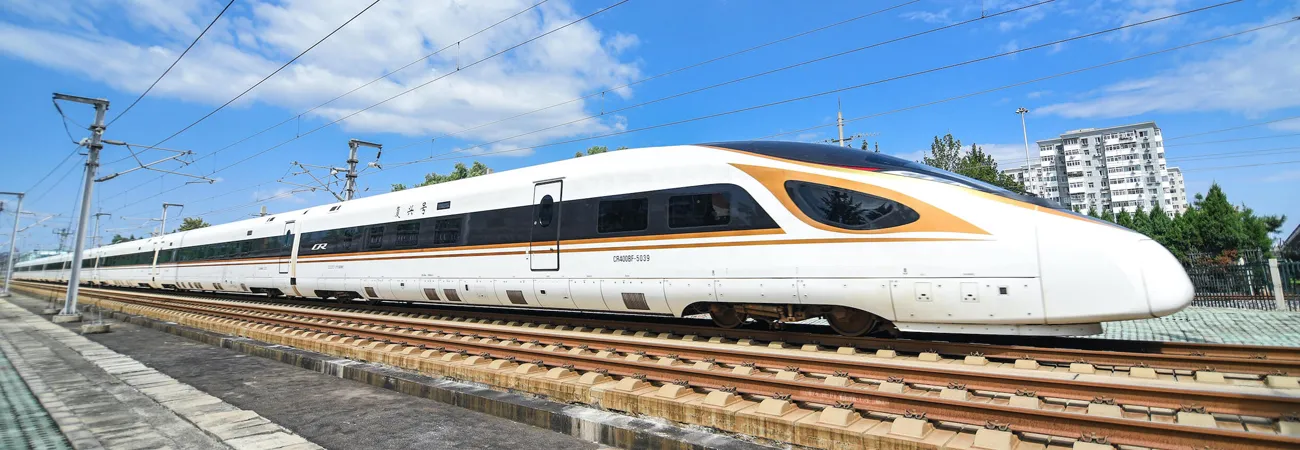i ECONOMY
The two-day Global Sustainable Transport Forum (GSTF) is set to take place in Beijing from September 25. Hosted by the Ministry of Transport of the People's Republic of China and organized by the Global Sustainable Transport Innovation and Knowledge Center, this international conference aspires to bolster sustainable transport development and cross-border cooperation. Themed "Building a Community of Shared Future for Mankind through Sustainable Transport," the forum will bring together a diverse audience, including representatives from governments, international organizations, academic institutions, enterprises, and civil society.
The event is aimed at facilitating open dialogues, knowledge sharing, and collaboration among stakeholders to forge consensus and drive action on sustainable transport development. The forum's agenda encompasses plenary sessions and thematic discussions covering a spectrum of sustainable transport-related topics, including connectivity, common development, green and low-carbon transport, innovation, and governance. This global gathering will also serve as a platform to spotlight the successes and best practices of China and other nations in sustainable transport development.
Talking to WealthPK, Shahbaz Latif Mirza, Director of Roads and Transport from the Ministry of Communication, said the forum would be of particular importance for Pakistan. He said Pakistan could draw invaluable lessons and inspiration from China and other countries in sustainable transport development. To begin with, Pakistan can prioritize the development of a comprehensive National Sustainable Transport Policy and Strategy that aligns with global goals, including the 2030 Agenda for Sustainable Development and the Paris Agreement on climate change.
He said investing in the expansion and enhancement of public transport systems was another crucial step. Pakistan can allocate resources to create affordable, efficient, and low-carbon public transport networks, encompassing buses, metro systems, light rail, and Bus Rapid Transit (BRT) systems, he added. “Promoting non-motorized transport modes, such as cycling and walking, represents a sustainable and health-conscious approach. Pakistan can invest in dedicated infrastructure like bike lanes, sidewalks, and pedestrian crossings to encourage these modes of transportation.”
According to the official, expanding railway networks can be a wise choice for sustainable transport for Pakistan, improving energy efficiency and reducing environmental impact. Increasing railway usage can contribute to greener and more efficient transportation systems. “To manage demand and reduce private vehicle use, Pakistan can consider implementing a range of measures. These may include congestion pricing, parking fees, fuel taxes, and vehicle quotas, all of which can steer individuals toward sustainable transport options,” said Latif Mirza.
He said regional and international cooperation will also be pivotal for Pakistan's sustainable transport journey. Engaging in initiatives like the Belt and Road Initiative, the China-Europe International Road Transport Cooperation, and the Beijing Initiative on Sustainable Transport can foster collaboration and shared expertise, he added.Lastly, he said Pakistan should prioritize raising awareness and building capacity among the relevant stakeholders. Government agencies, transport operators, civil society, and the general public must be informed about the benefits and challenges of sustainable transport, thereby fostering a collective commitment to sustainable mobility solutions.
Credit: Independent News Pakistan (INP)









